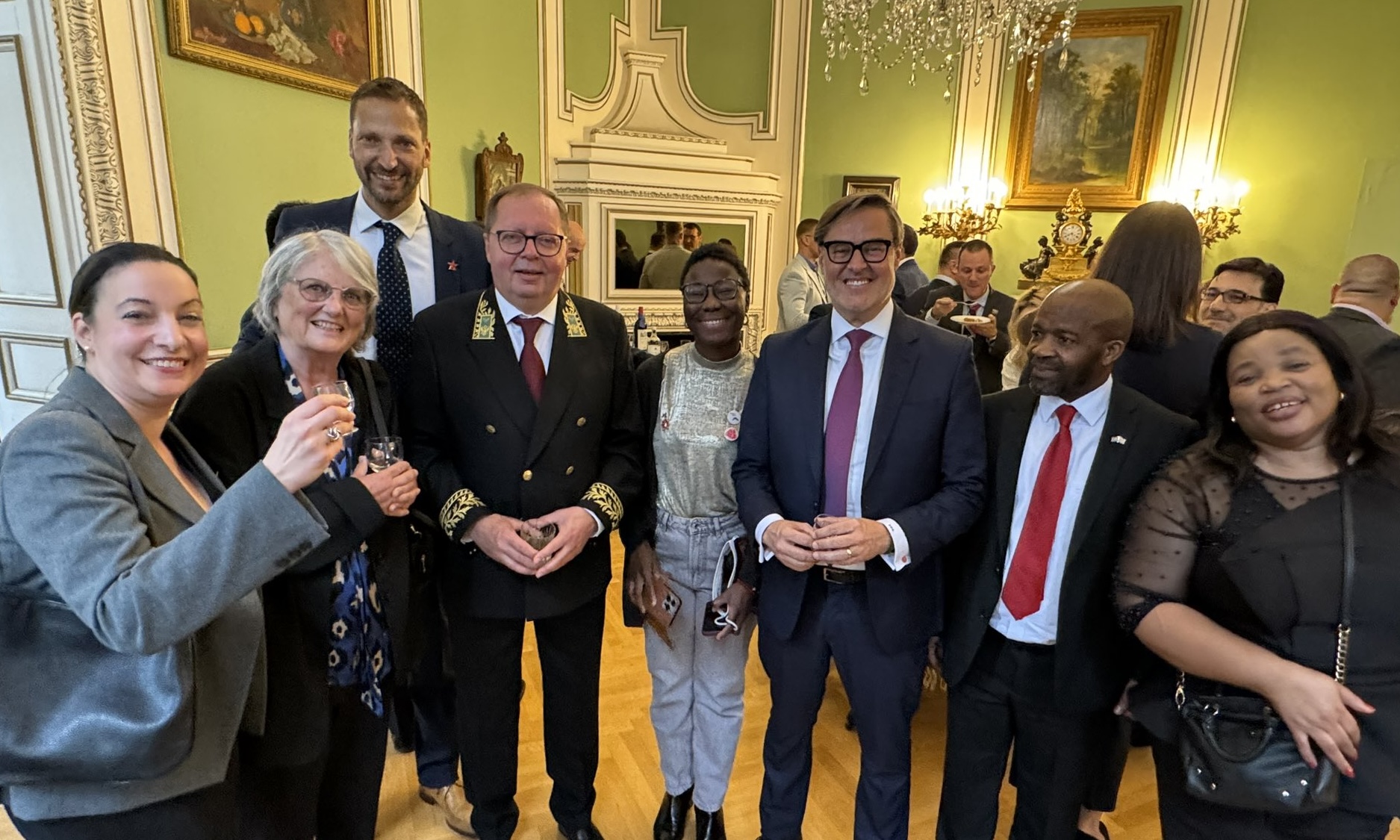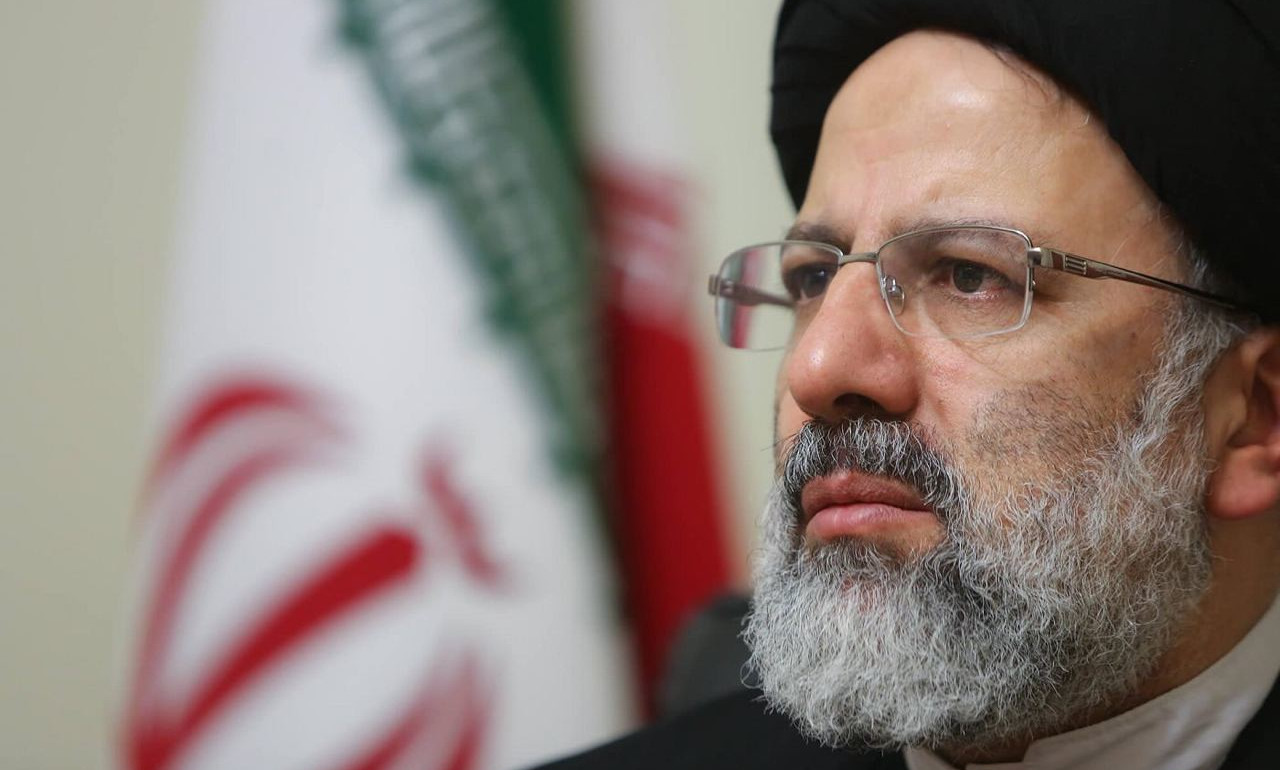Comrade Joti Brar recently joined the panel on RT’s flagship discussion show CrossTalk, hosted by Peter Lavelle.
The video of the discussion above was was aired on 14 December and featured co-panellists Arthur Cleroux and Thomas Palley.
We reproduce below notes made by Comrade Joti in preparation for the show, since they are useful in giving a little more detail on the topics that were raised in the discussion and which, of course, it was not possible to go into in such depth during the broadcast.
The questions were those sent to contributors before the programme.
*****
1. Are we witnessing the end of globalisation as we have known it for about the last 40 years?
Following the collapse of the USSR, the last three decades have been characterised by the aggressive pursuit of total global hegemony by the USA – with the assistance of the smaller imperialist powers, which have tended to feel that their best chance of keeping a place at the top of the global pile is as a junior partner to the USA.
The US’s aim has been to be free to loot the globe on its own terms, and to stop any pushback by those being looted by preventing the rise of a power that might be able to threaten its supremacy.
Many of those setting out this roadmap for US imperialism at the end of the 20th century have since become household names for the part they played in launching aggressive and illegal wars in Afghanistan, Iraq and elsewhere, and their philosophy has been branded ‘neo-conservatism’, but really it is the same old imperialist agenda that we have been familiar with since the dawn of the 20th century and which was outlined so clearly by Lenin in 1916.
Even when Russia was on its knees after the fall of socialism and the rise of west-friendly oligarchs, the imperialists were nervous of Russia’s potential to become an independent power — a potential bequeathed to it by the Soviet Union, which left it with an extremely strong military, a well-educated population, a strong industrial and agricultural base, and everything that is needed for self-sufficiency and independence, if the Russians chose to make use of those things.
What has been really interesting about the developments we have witnessed over the last 30 years has been the way that the Russians and Chinese have both been shifted from a position of attempting to cooperate and coexist as equals with the imperialists, not because they wanted to, but because they finally realised that the USA and its allies will only be happy with total domination.
Their system relies on them being able to loot the world’s raw materials at rock-bottom prices, being able to suck the wealth of the world back into Wall Street and the City of London. Trading as equals is not possible if the imperialist system is to survive.
Russia and China have finally had to face the fact that the USA, Britain, the EU etc are never going to settle for anything less than their destruction as independent states and their total subjugation to the profit lines of western monopoly corporations.
2. Agree or disagree: The west’s use and abuse of sanctions against countries has eroded global faith in the west’s financial institutions, particularly the US dollar.
Sanctions have been a means of coercion used against their particular enemies by the USA in particular for a long time. Cuba, Iran and north Korea have been under incredibly punishing sanctions regimes for decades.
All these blockades are both unjust and illegal, but the USA has used its control of the international monetary system to punish any country that tried to defy its economic diktat.
But the extension of sanctions to increasingly powerful countries like Russia and China has been a step too far.
The USA has got so used to being able to dictate to everyone that it never stopped to think of the consequences. But its moves towards financial warfare against Russia and China over the last decade have forced both those countries to slowly and steadily start to reduce their vulnerabilities to US financial control.
That’s why this year, when the USA and the EU launched the harshest-ever sanctions regime against Russia, it didn’t at all have the effect they expected. They thought the Russian people would be immediately impoverished and take to the streets to remove their government.
Instead it is the people of Europe and across the developing world who are being impoverished by disruptions in the global supply of essentials like oil, gas, fertiliser and wheat. European governments are falling. Imperialist-allied governments in the developing countries are falling.
And then, of course there’s the question of the theft of national assets by imperialist banks.
How many countries have had important national assets they entrusted to the allegedly ‘safe’ keeping of the western banks stolen? This is outright piracy but it’s totally unquestioned by subservient western media and politicians. Whole nations are impoverished at a stroke as the USA tries to starve them into submission, but our ‘representatives’ and ‘champions of democracy’ have nothing to say about it.
The imperialists have got used to menacing the world unchecked. They stole around $60bn of Libya’s wealth that was kept in funds abroad. The Bank of England confiscated £1bn of Venezuela’s wealth. The western media and political establishment cheered them on.
But, no matter how they try to cover it, the theft of $300bn from Russia is pretty hard to ignore. Slowly but surely nations around the world are waking up to two facts: first is that there’s nothing they can do that will ensure the same never happens to them; and second is that an alternative is opening up where relations are not those of master and servant, but are based on mutually beneficial and respectful cooperation.
3. What is the significance of ever closer China-Saudi Arabia ties? Are we witnessing the end of the petrodollar?
Saudi Arabia’s turn towards China and Russia reflects a global trend: cooperating with the USA is an increasingly one-way street for allies and proxies.
On the other hand, Brics is opening up a large and promising market and requires no subservience from its members.
We can expect Washington to react to these developments with sabotage and coercion. Can US imperialism come to terms with a world in which its zone of influence is shrinking? Not really!
That is precisely what the war drive against Russia and China is all about, since they are the linchpins of this developing new world order, and it is their economic and military strength that is allowing other developing countries to break out of the debt trap, develop beneficial infrastructure and trade, and make a bid for political and economic independence.
4. Agree or disagree: What we have known as globalisation is being replaced with regional and bloc globalisations: ie, Transatlantic globalisation, Eurasian globalisation, etc.
I would put it slightly differently: the domination of imperialism is being threatened by the rise of an anti-imperialist block, whose attractiveness can only grow as the global economic crisis of capitalism becomes deeper and the imperialist powers drive faster towards war, which for them is the only possible way of maintaining their system and their dominance.
The only way out of the net for the oppressed countries is in standing together, so it’s very welcome to see infrastructure developments like like the Belt and Road initiative, and economic partnerships such as Brics, the Shanghai Cooperation Organisation, Alba etc, which are together providing a framework for those who have no power to come together and push back against imperialist control.
5. Agree or disagree: much of the world has become wary of the west’s ‘rules-based order’ and the west’s so-called ‘universal values’.
Absolutely. The imperialists’ words have always differed greatly from their deeds. They have always tried to hide their true face behind a veneer of ‘civilisation’, ‘culture’, ‘human rights’, ‘democracy’, etc.
Many countries have suffered from imperialist domination and control. Over the past century, many of them fought back against that control. But the collapse of the USSR shifted the balance of forces in such a way that this was made much harder for a time.
It was actually Lenin who wrote a century ago that imperialism seeks domination not democracy, and as its economic system fails and its grip on power wanes, this is becoming more and more obviously true even to people in the west, who have been shielded from the true nature of the system under which they live.
We shouldn’t forget that the ‘rules-based order’ was an invention of the imperialists to try to hide the criminal nature of their war against Yugoslavia in 1999, and to justify their criminalisation of Yugolslavia’s defiant leaders at the so-called ‘tribunal’ in The Hague.
The USA had to come up with a phrase which sounded legitimate but which distracted attention from the fact that according to the recognised principles of international law, THEY were the ones who who were guilty of war crimes and not the Yugoslav leadership.
It’s taken a long time, but more and more people are waking up to the fact that they have been conned by this veneer of legitimacy behind which the Nato warmongers try to hide their bloody deeds.
And countries are realising that going along with these lies is not the ‘peaceful’ thing to do, will not keep them out of trouble, but will only embolden the warmongers to bigger and more barefaced and more bloody crimes.
That was the terrible lesson of Libya, whose horrific consequences continue to reverberate across Africa and around the world.














